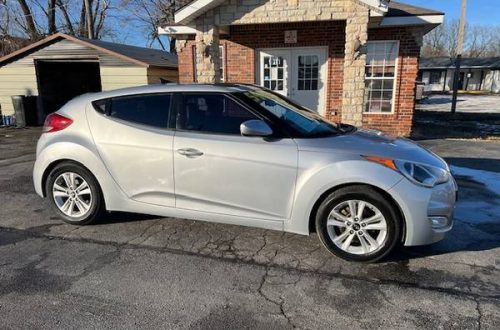
Does auto insurance cover medical expenses?
Auto insurance is essential for protecting yourself, your vehicle, and others on the road. But when it comes to injuries sustained in an accident, does your auto insurance cover medical expenses? The answer depends on your specific policy and the laws in your state. Here, we’ll break down the main types of auto insurance coverage and how each relates to medical expenses.
Medical Payments Coverage (MedPay)
One type of coverage that directly addresses medical expenses is Medical Payments Coverage (often called MedPay). MedPay is optional insurance that helps pay for medical and funeral costs related to car accidents, regardless of who was at fault. This coverage can apply to the policyholder, any passengers in the vehicle, and sometimes pedestrians injured in the accident. MedPay usually covers various medical-related expenses, such as hospital bills, X-rays, surgeries, and even ambulance fees.
MedPay is beneficial because it covers out-of-pocket medical costs that health insurance may not be able to cover fully. For example, if your health insurance doesn’t cover certain types of therapy or has a high deductible, MedPay can be a valuable supplement. However, MedPay limits vary, and the policyholder decides the coverage limit when purchasing it.
Personal Injury Protection (PIP)
Personal Injury Protection, or PIP, is another form of insurance that covers medical expenses. It’s required in certain states and available as an option in others. PIP offers broader protection than MedPay, as it covers medical expenses and compensates for lost wages, rehabilitation costs, and even childcare or household services you can’t perform due to injury.
PIP is particularly beneficial in “no-fault” states, where each driver’s insurance covers their medical costs, regardless of who caused the accident. If you live in a no-fault state, you are likely required to carry PIP insurance, which means your auto insurance will cover your medical expenses up to a specific limit if you’re injured in an accident. If you’re in an at-fault state, PIP is often optional.
Liability Coverage
Liability coverage is required by law in nearly all states, but it doesn’t cover your medical expenses directly. Instead, it covers the costs of injury or property damage you cause to others in an accident. For example, if you’re at fault in an accident and the other driver or their passengers are injured, your liability insurance will help cover their medical expenses.
While liability insurance won’t cover your medical bills, protecting you from being personally liable for the other party’s medical expenses in case of an accident is essential.
Uninsured/Underinsured Motorist Coverage
If you’re involved in an accident with a driver without insurance or insufficient coverage, Uninsured/Underinsured Motorist (UM/UIM) coverage can help. In addition to property damage, some UM/UIM policies will cover medical expenses if the at-fault driver cannot pay. This type of coverage is required in some states and optional in others, but it’s a good idea to consider it, given the high costs of medical care.
Health Insurance as a Backup
In some cases, your health insurance will also play a role in covering accident-related medical expenses. However, health insurance often includes co-pays, deductibles, and network restrictions. If you have MedPay or PIP, those benefits may kick in first, and any remaining expenses can be billed to your health insurance, depending on your policy terms.
Contact Us
In short, auto insurance can cover medical expenses under certain types of coverage, primarily MedPay and PIP. While liability coverage does not cover your medical bills, it protects you if you’re responsible for injuries to others. Understanding these coverages helps ensure you have the proper protections in place should an accident occur.
For an affordable car insurance quote, contact us today by calling (541) 318-8835 or click here to connect with us online.




